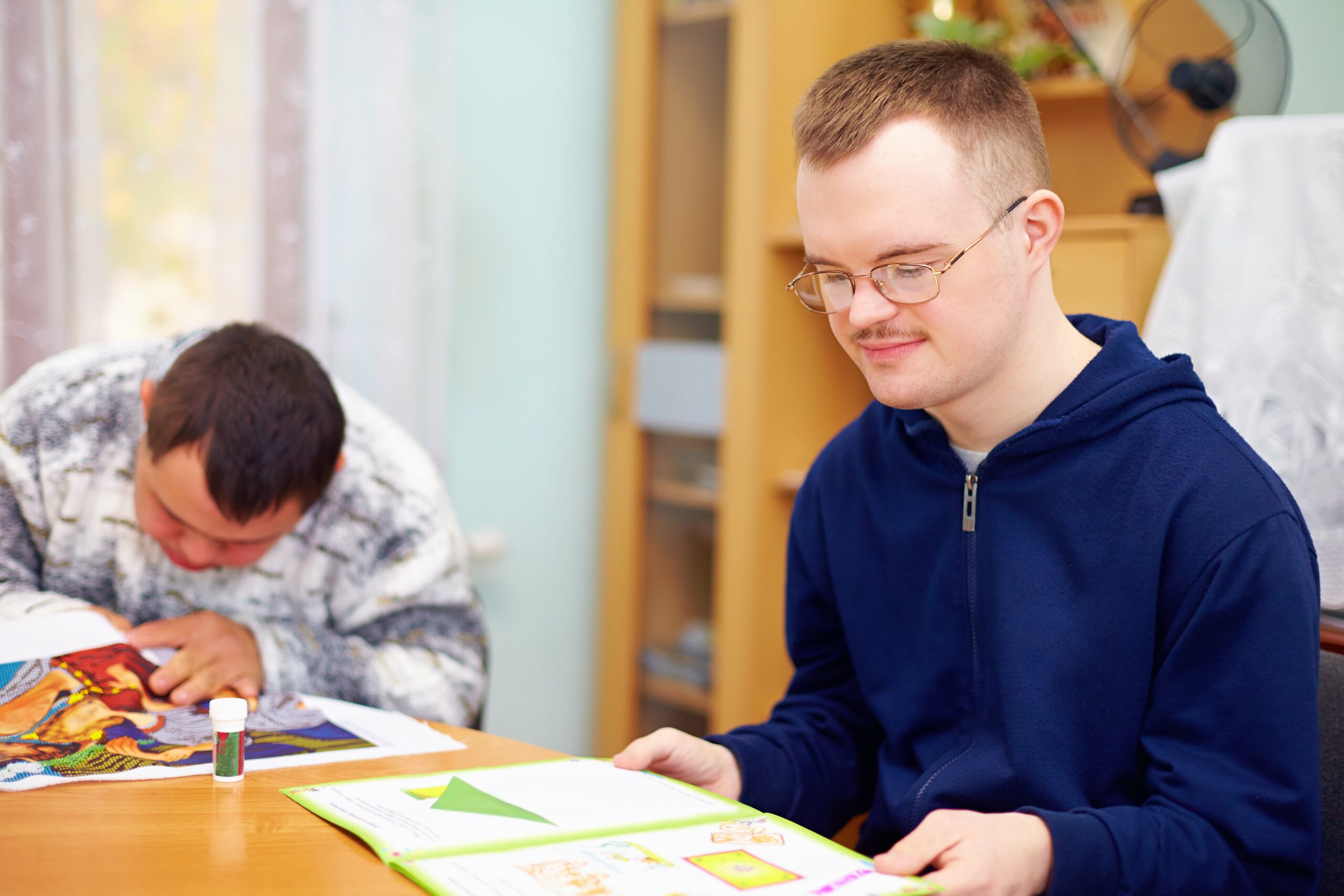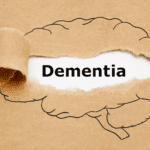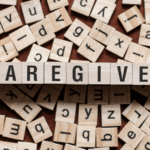Adult learning disabilities are often viewed as childish and not approached as empathetically as they should be.
Adult learning disabilities impact millions of people across the world and are often stigmatised and misunderstood. A lot of people who have learning disabilities struggle with self-confidence issues, living in shame that continues on into their adult lives. In this article, we will cover how adult learning disabilities are perceived and how we can overcome the stigma moving forward.
What Are Learning Disabilities?
Before exploring adult learning disabilities, it is important to gain an understanding of learning disabilities in general. People often believe that learning disabilities will result in childish behaviour and a lack of understanding of the world, but this isn’t the case. Learning disabilities do not reflect a person’s character or intelligence, but rather a different way of thinking.
These neurological differences result in a different way of processing information, and can often be perceived as laziness or a lack of intelligence. This can create a lot of self-doubt in people with learning disabilities, which usually carries on into adulthood. It is important that people are properly educated on learning disabilities so these people can live fulfilling lives without shame or embarrassment.
At the end of the day, learning disabilities are completely common within everyday life. They only impact the way an individual processes information and this should be more accepted and normalised in society. Adult learning disabilities are a completely normal occurrence and these people should be treated with the same respect as any other adult instead of being approached in a childish manner.
Using Support Resources
As previously mentioned, adult learning disabilities can often lead to issues with confidence and feeling ashamed of their disabilities. For this reason, it can be very difficult for adults with learning disabilities to reach out for the support resources that they may need. The everyday world is not a place that is made for people with learning disabilities, but there are many amazing resources that can support people with learning disabilities.
People with learning disabilities are not the only group of people who can benefit from these resources. There are plenty of educational resources for people who want to learn more about adult learning disabilities and these should be shared and well known. It is important to educate yourself on these issues to understand how to approach certain scenarios and create an understanding of adult learning disabilities. The more people who understand what learning disabilities truly are, the less stigmatised they will be.
Support groups can also be beneficial to adults with learning disabilities as they can create a sense of community with people who may think similarly to them or have shared similar experiences. This can remove this feeling of shame and allows people to be more proud of their situation, fighting the stigma against adult learning disabilities.
Allowing for Vulnerability
Adult learning disabilities can often create a sense of vulnerability for the individual that they may not want to expose. It is important that these vulnerabilities are accepted and responded to with empathy and understanding. Allowing people with learning disabilities to be open about their experiences will remove the stigma as it can help people understand them and remove any incorrect perceptions they may have had.
This openness could possibly start a chain reaction, allowing other people with adult learning disabilities to open up about their experiences. This will allow even more people to be educated and understand the scale of people with learning disabilities, allowing for their normalisation in society. On top of this, more education can lead to more research into the field of learning disabilities, which can help progress society forward with a deeper understanding of the topic.
Celebrating Success
It is important to create a sense of pride for people with learning disabilities. This can be done by celebrating the success of someone with learning disabilities and recognising individual progress. The challenges of adult learning difficulties can differ from someone who doesn’t have those experiences; understanding and listening to these issues can allow someone to recognise when someone with a learning disability has overcome these challenges.
Celebrating this success can also remove the sense of shame they may feel, making people aware that they are appreciated and their successes are recognised. Just like all people, recognising achievements can build confidence, which can help remove the stigma around adult learning disabilities.
Conclusion
In conclusion, we still have a way to go as a society when it comes to destigmatising the idea of adult learning disabilities. This can be changed by treating adults with learning disabilities respectfully. Learning disabilities are simply different ways of processing information, and people should further educate themselves on the topic using educational resources. People with learning disabilities should be listened to and allowed to be open to increase confidence and self-pride.
Complete Homecare 24
We offer a wide range of services at Complete Homecare 24, including 24-hour care. All of our home care complies with palliative care guidelines. Through our in-home care, we want to make sure that our patients feel heard, seen and cared for. Every patient has a unique care plan in place so that the person providing care can comprehend their specific requirements. To keep up to date, check out our Facebook and Instagram.





